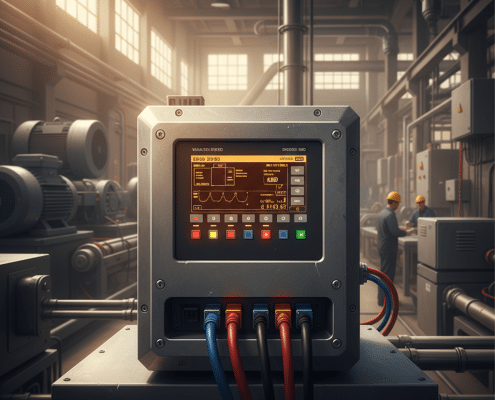
ABB DCS880 Variable Speed Drives VSDs: A Full Guide
Are you looking to optimize your industrial motor drives for maximum efficiency and performance? This comprehensive guide provides a deep dive into the ABB DCS880 series, a market leader in reliable DC motor speed control. We break down everything you need to know, from the core ABB DCS880 specifications to practical setup and programming insights. Whether you're an engineer designing a new system or a technician troubleshooting an existing installation, you will find actionable information here. Discover how these advanced drives can enhance process control, reduce energy consumption, and integrate seamlessly into your industrial applications.
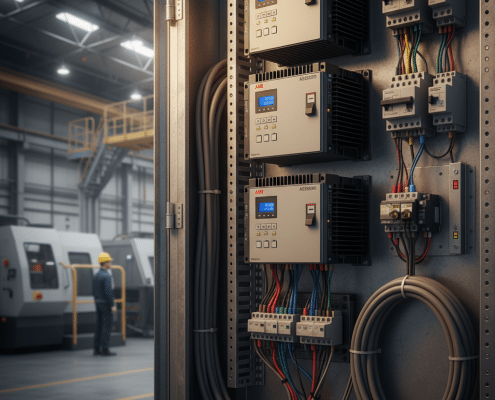
ABB ACS550-PD Variable Frequency Drives VFDs Explained
Are you looking to optimize your motor control systems? This comprehensive guide provides a deep dive into the ABB ACS550-PD drive, a cornerstone of industrial automation. We'll walk you through everything from initial installation and setup to advanced programming features that can unlock significant energy savings and improve operational efficiency. Discover common troubleshooting tips from our experts to minimize downtime and keep your systems running smoothly. Whether you're an engineer, technician, or plant manager, this article will equip you with the practical knowledge needed to master the ACS550-PD VFD controller. We translate the complex details from the ACS550-PD inverter manual into actionable steps. Unlock the full potential of your equipment and learn how this powerful ABB motor drive unit can enhance your production processes and reduce operational costs. Get ready to take control of your applications with confidence.
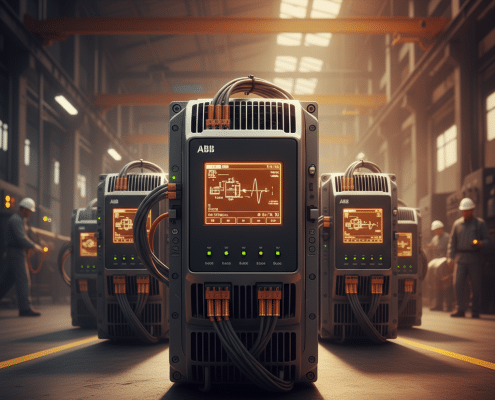
ABB ACS580-0P Variable Frequency Drives VFDs Guide
Unlock the full potential of your industrial applications with our comprehensive guide to the ABB ACS580 drive. As a leading general purpose VFD, it's designed for unmatched simplicity and efficiency. This article provides a deep dive into everything you need to know, from initial setup to advanced parameter settings and troubleshooting common faults. We demystify the control panel, translate key functions from the ACS580-0P manual, and offer practical tips for optimizing motor control for maximum energy savings. Whether you're a seasoned technician or an engineer specifying new equipment, this overview will help you master the ABB ACS580-0P variable frequency drives (VFDs) and enhance your operational productivity.
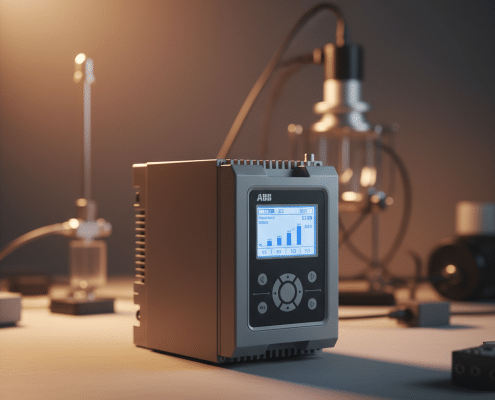
ABB ACS250 Variable Frequency Drives VFDs: A Guide
Engineers, are you looking to optimize motor control with a reliable solution? This comprehensive guide dives deep into the ABB ACS250 drive, a top-tier micro drive designed for a wide range of industrial applications. We explore its robust features, from advanced diagnostics and flexible mounting options to its simple, user-friendly interface that simplifies commissioning. Learn about proper installation procedures, critical parameter setup, and essential troubleshooting techniques to ensure maximum uptime and efficiency. Whether you're integrating a new variable speed controller or maintaining an existing system, this article provides the practical insights you need. We break down the technical specifications and provide real-world examples to help you leverage the full power of the abb vfd acs250 in your environment. Get ready to master this essential piece of automation equipment and improve your system's performance.
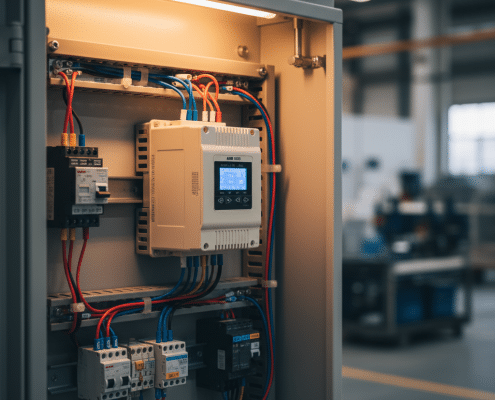
ABB ACS180 Variable Frequency Drives VFDs: A Guide
Are you considering the ABB ACS180 for your next project? This comprehensive guide delves into the core features of the ABB ACS180 variable frequency drives VFDs, a top choice for machine builders worldwide. We explore how this compact variable speed drive delivers robust and reliable motor control for a wide range of applications, from pumps and fans to conveyors. Discover the drive's technical specifications, easy-to-use interface, and built-in functionalities that help optimize energy efficiency and streamline operations. Whether you're an engineer designing a new system or a technician looking for setup guidance, this article provides the essential information you need to leverage the full power of the ACS180 series.
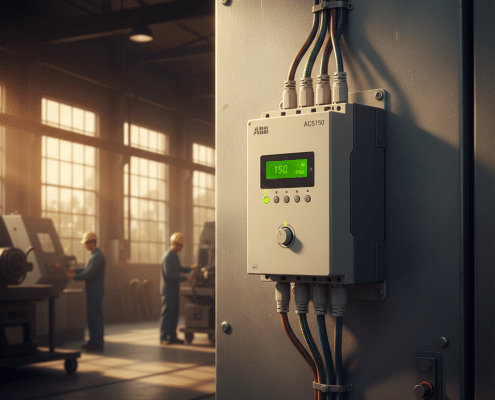
ABB ACS150 Variable Frequency Drives (VFDs): A Guide
Engineers working with motor control systems will find this guide essential. We dive deep into the ABB ACS150 drive, covering everything from initial ACS150 VFD setup to advanced troubleshooting of common ACS150 fault codes. This article provides practical, step-by-step instructions, and expert insights to help you optimize performance and minimize downtime. Whether you're commissioning a new system or maintaining existing equipment, you'll gain the confidence to handle these powerful ABB micro VFDs effectively. Learn the key technical specifications and parameter settings to unlock the full potential of your variable speed drives.

ABB ACS250 VFD Now Replaced With ABB ACS255 Series
The ABB ACS250 VFD has reached the end of its life cycle. The new ABB ACS255 VFD will now supersede the ABB ACS250 VFD. ABB will no longer build the ACS250, so once ACS250 stock runs out, ABB will fill all ACS250 orders with the ACS255. These…
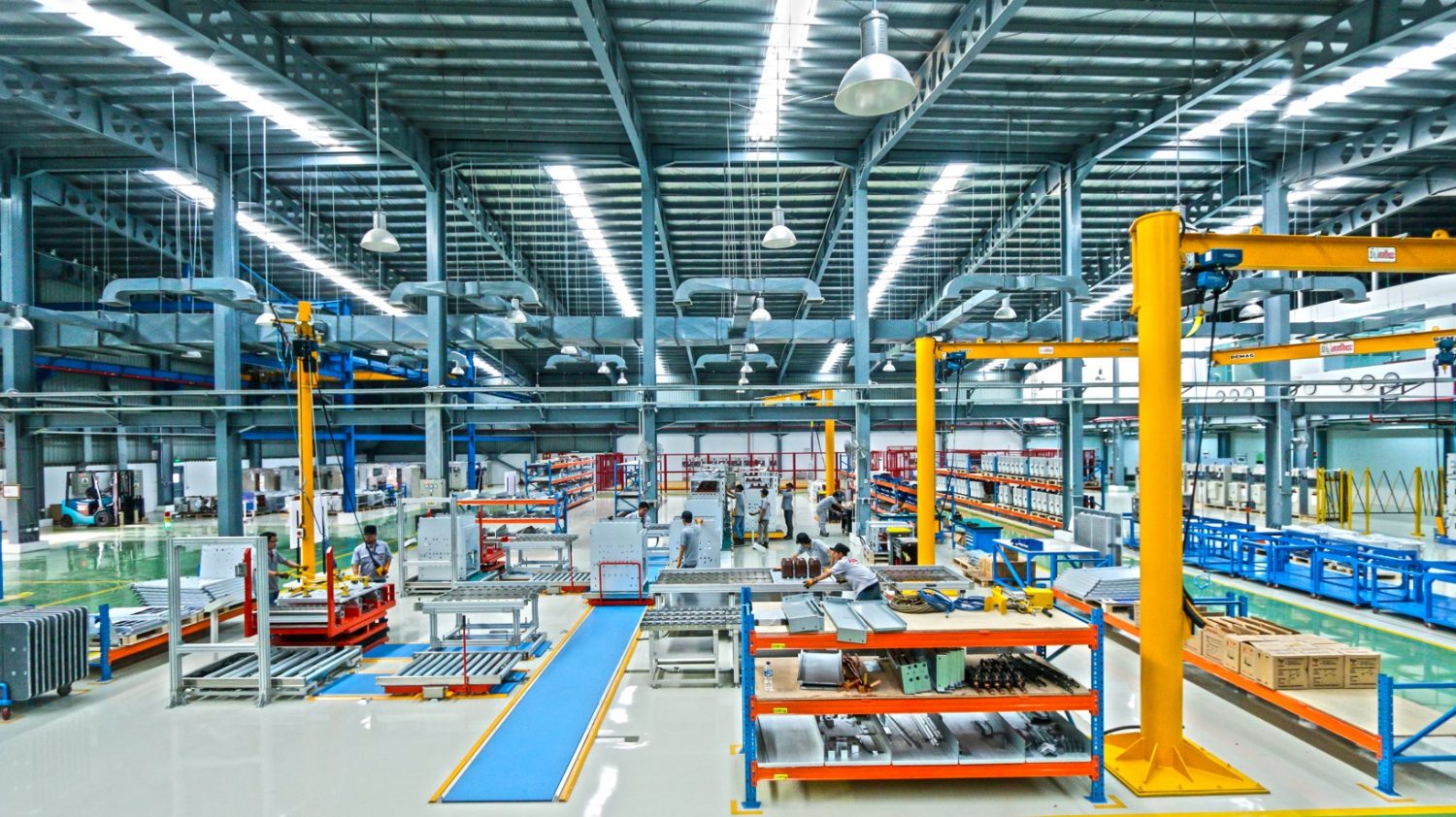
ABB Automation Builder
ABB Automation Builder is PLC programming software made by ABB. ABB Automation Builder allows for machine builders and system integrators the ability to automate machines and systems in a cost-effective way. Industrial automation has been around…

ABB Drive Browser Software
ABB Drive Browser is an Ethernet network based drive monitoring and tuning PC tool that supports low voltage machinery, general purpose, and industrial drives throughout their life cycle. ABB Drive Browser helps users monitor, maintain and…

ABB DTC
ABB DTC or Direct Torque Control, is the most advanced AC drive technology developed by any drive manufacturer in the world. With the revolutionary ABB DTC technology, field orientation is achieved without feedback using advanced motor theory…

ABB Industrial Drives
ABB industrial drives are designed to tackle any motor-driven applications, in any industries, whatever the power range. ABB industrial drives are compatible with virtually all processes, automation systems, users and business requirements.…
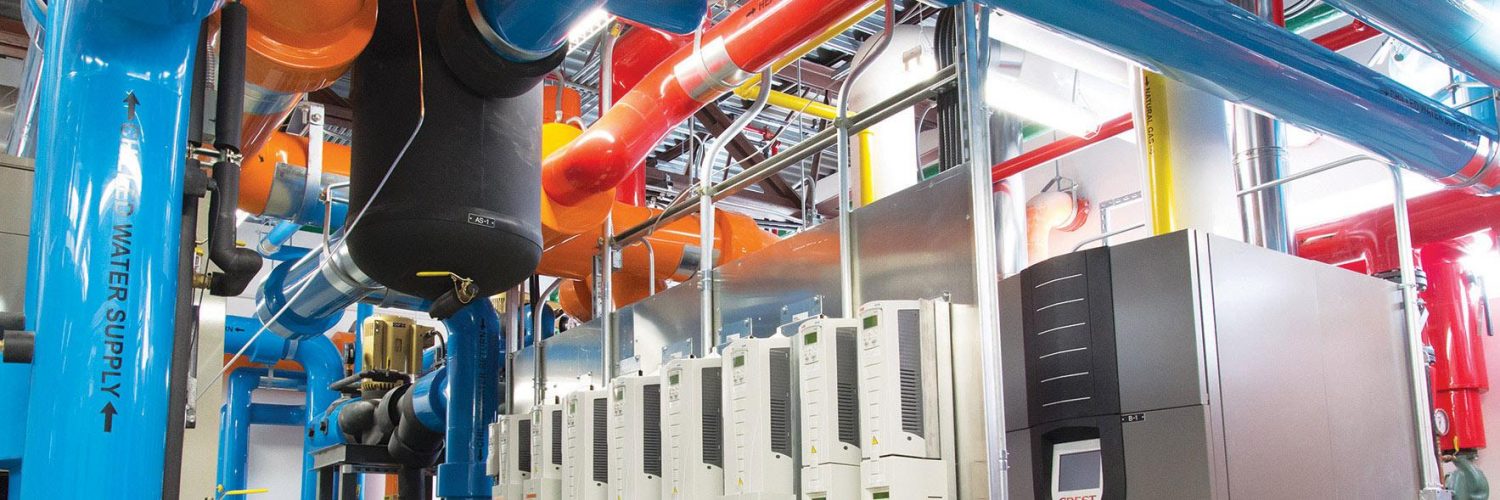
ABB ACS800 Drives
ABB ACS800 drives are designed to boost the productivity of industrial processes, improve energy efficiency and cut maintenance costs. ABB ACS800 drives are available directly from stock or can be built to order to meet more complex requirements.
ABB…





